Nakayama is in between Narita And Haneda International Airport
<クッキーについての同意並び欧州居住者向けプライバシーポリシー>
中山・下総・散歩道
A Walk On the Landmarks Connecting To Socho A Renga Poet
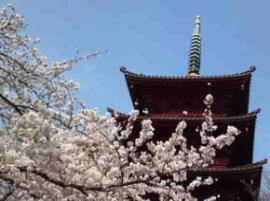
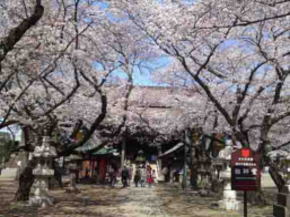
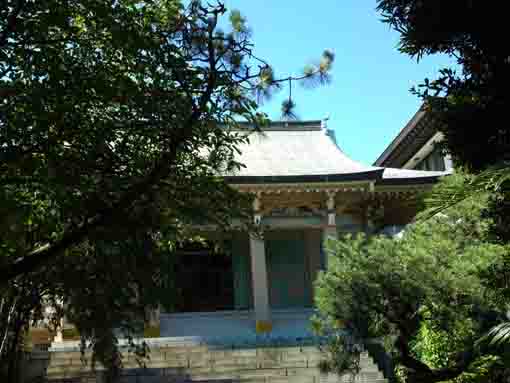
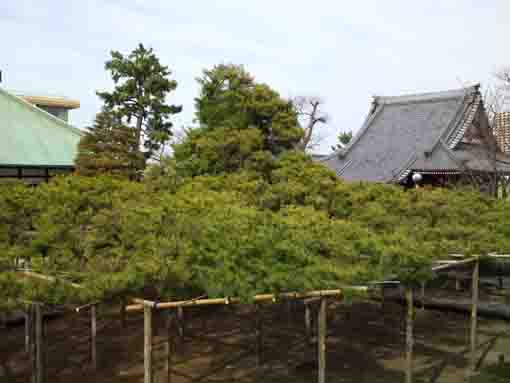
Some landmarks introduced in this website were described in 'Azumaji no Tsuto' written by Saiokuken Socho, a renga poet in Muromachi perio.
Socho wrote his travel notes to Seichoji Temple in Kazusa Province. Socho first went down Sumidagawa River and passed through marshes overgrown with reeds. Then he landed at the ferry at Imai and visited Jokoji Temple at his first night in Shimousa province. Next day, he sailed up the streams in Futoigawa River (now Edogawa River), he crossed Mama no Tsugihashi Bridge then he visited Nakayama Hokekyoji Temple. And his last days in Shimousa, Socho crossed Futoigawa River near the ferry at Ichikawa and he visited Zenyoji Temple in Koiwa and enjoyed having baked Tofu and some alcohol drinks. So Azumaji no Tsuto describes nature and lives in the areas along Edogawa River. In addition, he wrote a first verse of a renga poem 'Fuji no mine wa tokaranu yuki no senri kana' at Jokoji Temple and 'Sugi no ha ya arashi no ato no yahan no yuki' at Nakayama Hokekyoji Temple.
In this page, several landmarks that are described in 'Azumaji no Tsuto' written by Saiokuken Socho, a famous renga poet in Muromachi period are introduced. Why don't you visit the landmarks connecting to Socho?
Socho (1448-1532)
Socho was a renga-shi (a linked-verse poet) from Shimada in Suruga-no-kuni (Shimada city in Sizuoka prefecture) in Muromachi period. He was a son of a blacksmith, his name was Choroku in his childhood. First he named 'Sokan' by himself, and his pseudonym was Choa, Saiokuken.He entered the school of Sogi, one of the greatest rengashi in Muramachi period, and served him for forty years, and he often went on trips with his master.
Socho wrote 'Minase Sangin Hyakuin' with his master Sogi and Shohaku (a fomous rengashi) is very famous. When Sogi was sick in bed on his journey to Echigo (Niigata prefecture), Socho visited him from his home Suruga and went to Hakone (Kanagawa prefecture). He attended his master's deathbed, and wrote 'Sogi Shuen ki' (The Record Of Sogi's End; 1502). Later he lived in seclusion at Saiokuken in Maruko in Suruga-no-kuni, he went on trips to Western, eastern, and northern regions, and he wrote 'Azuma-ji no tsuto' in 1509. He remained his diaries 'Socho Nikki' (1530-1531) and 'Socho Shuki' (1523-1528).
He had visited Ikkyu, the abbot of Daitoku-ji Temple in Kyoto who was one of the famous and popular priest in Japan, he enjoyed making witty and polished Kyokas (satrical poems) and haikai poetry with him.
His works are 'Ameyo-no-ki' (1519), 'Renga-hikyo-syu', 'Kabe-kusa' of poems (1512), 'Nachikago' (1517), 'Oimimi' (1522-26)., etc.
参考
ブリタニカ国際大百科事典
デジタル大辞林
The Landmarks Connecting To Azumaji No Tsuto by Socho
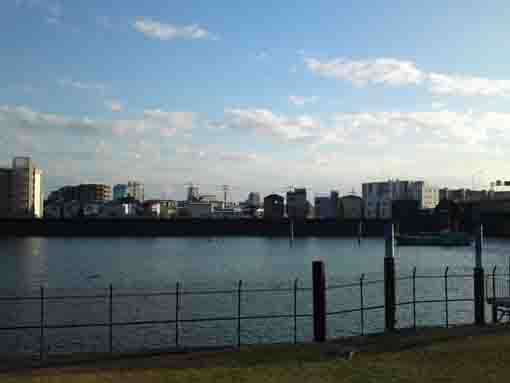
The Remains of the Ferry at Imai
Socho first landed at Imai during his trip to Boso Peninsula.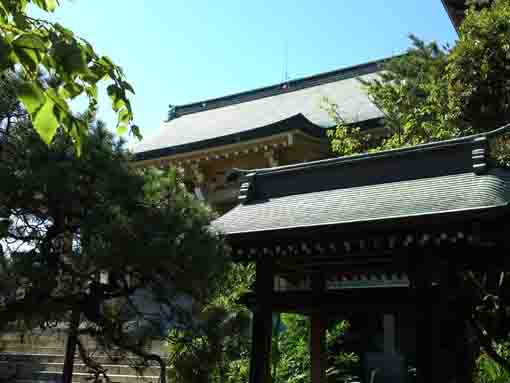
Ryukisan Seitaiin Jokoji Temple
Socho visited and wrote a first verse of a renga poem.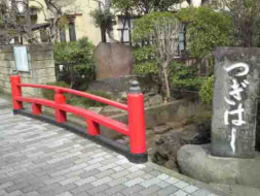
Mama no Tsugihashi Bridge
Socho crossed this brige during his trip to Boso Peninsula.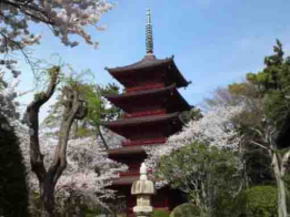
Nakayama Hokekyoji Temple
Socho visited and wrote a first verse of a renga poem.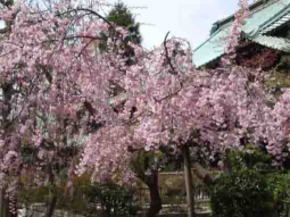
Hokkedo Hall in Hokekyoji
It is designated as the important cultural property by the National Government.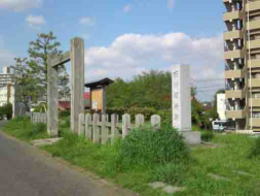
The Remains of the Barrier at Ichikawa
There were ferryboats to cross Edogawa River.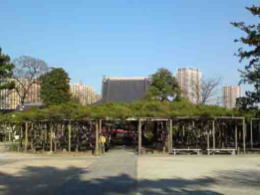
Seijusan Jizoin Zenyoji Temple
Socho enjoyed having simple dishes in this temple.The Locations of the Places in Azumaji no Tsuto by Socho
| the remains of the ferry at Imai | near the bank of Edogawa River 3 Edogawa, Edogawaku, Tokyo |
| Jokoji Temple | 3-22-5 Edogawa, Edogawaku, Tokyo |
| Mama no Tsugihashi | 4-7-24 Mama, Ichikawa-shi, Chiba |
| Nakayama Hokekyoji Temple | 2-10-1 Nakayama, Ichikawa-shi, Chiba |
| Hokkedo Hall in Nakayama Hokekyoji Temple | 2-10-1 Nakayama, Ichikawa-shi, Chiba (in Nakayama Hokekyoji Temple) |
| the remains of the Barrier at Ichikawa | on the bank of Edogawa River near 3-24 Ichikawa, Ichikawashi, Chiba |
| Zenyoji Temple | 2-24-2 Higashi Koiwa, Edogawaku, Tokyo |
- 広告 Advertisement -
